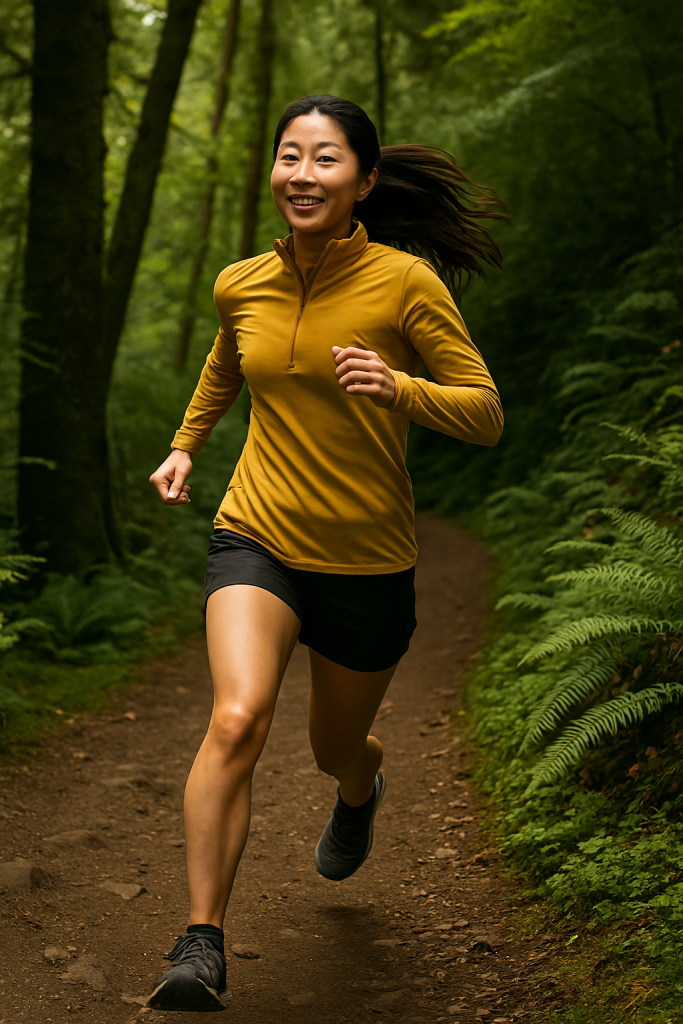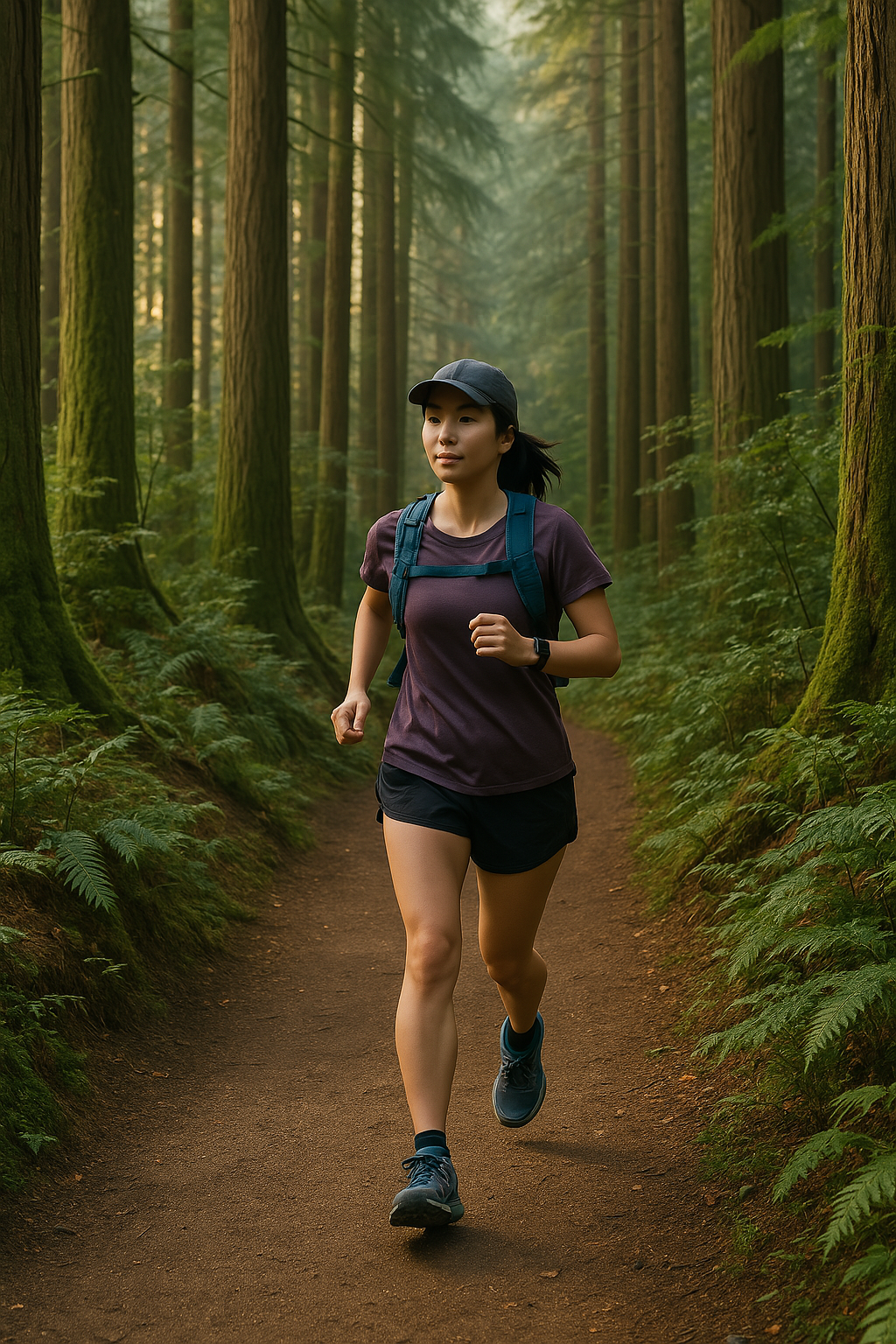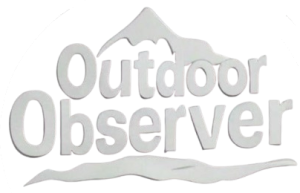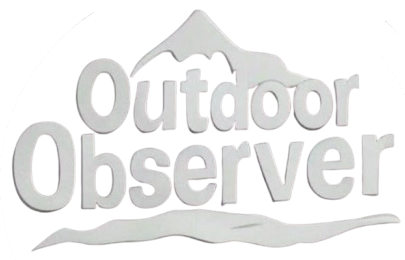This Content Is Only For Subscribers
In a quiet town nestled near the foothills of Japan’s Chubu region, 29-year-old Chigaya laces up her shoes just after sunrise. Unlike professional runners, she doesn’t carry a stopwatch, nor is she chasing a new record. Her goal is simpler, but perhaps more profound — to be with the trail, with her breath, and with the rhythm of nature.
Chigaya didn’t grow up in a household steeped in athletics. In high school, she was more interested in music and literature than marathons. But one spring afternoon, after a particularly long study session, she followed a friend up a forest trail behind their school. That spontaneous detour marked the beginning of her love affair with trail running.
“There wasn’t a moment I said, ‘I’m a runner now,’” she recalls. “It just became part of my week. A place I went to feel more like myself.”
Unlike athletes who train with strict regimens, Chigaya incorporates trail running into her routine organically. She often runs errands — literally — by choosing longer, winding paths through forested areas or farmland, using the journey as a way to decompress from work and reconnect with herself.
“Some days, I run with no music, no pace goals. Just the sound of the wind, the crunch of the earth. It’s a kind of moving meditation,” she says.
Her favorite routes take her along cedar-lined paths and old footbridges that wind through her hometown. On weekends, she occasionally joins friends for group hikes that turn into playful runs, but she prefers solo outings during the week.

Of course, running outdoors in all seasons brings its challenges — heavy summer rains, steep terrain, and the occasional wild animal encounter. One autumn evening, she lost her way on a side trail and ended up two towns over.
“I panicked for a moment, but then I laughed. I was safe, just off course. I found a vending machine, bought a warm tea, and waited for the train back home.”
It’s this kind of flexibility and humor that defines her approach. She’s never been focused on achieving marathon distances or podium finishes. Instead, the trail itself is the reward.

“The trail doesn’t care if you’re fast. It only asks that you show up.”
For those new to trail running, Chigaya offers gentle guidance:
Start with curiosity, not competition: You don’t need high-end gear or GPS watches to begin. A pair of comfortable shoes and a safe path are enough.
Let go of perfection: Some days will feel hard. Others will feel effortless. Both are part of the experience.
Listen to your body: She rests when tired and doesn’t force miles just to meet a weekly goal.
Be mindful of nature: She avoids shortcuts that damage vegetation and carries a small bag to pick up litter along the trail.
Find your rhythm: Whether it’s running in silence, listening to music, or joining a group, what works best is what feels natural to you.
For Chigaya, trail running isn’t about escape — it’s about presence. In a world that demands constant movement and measurable outcomes, she finds solace in the steady beat of her feet on uneven ground.
“I run to remember I’m alive. Not for fitness goals or medals — but for the moments I get to see a deer cross my path or hear the leaves rustle above me.”
In a time when many outdoor sports are becoming hyper-competitive or gear-driven, Chigaya’s story reminds us that sometimes, the most meaningful journeys are the ones we take with no destination in mind.



